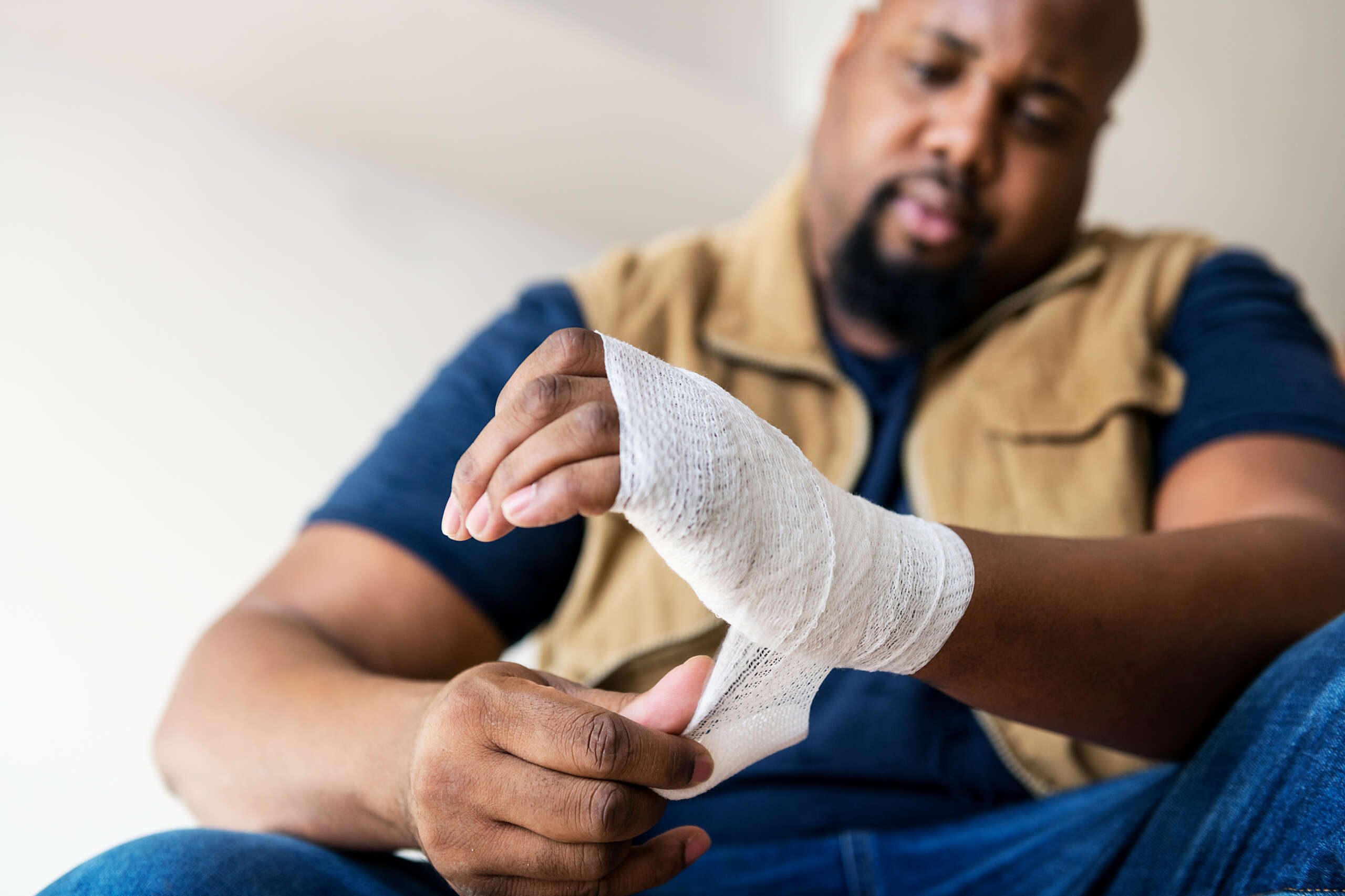Author: Mark Natale
This month, the New Jersey Supreme Court wrote new law that will directly benefit injured workers throughout our state, including a number of our clients. Now, if you need a reasonable accommodation at work – whether it be light duty, time off, or job reassignment – and your employer denies your request, you potentially have the right to file a lawsuit against your employer.
The case of Richter v. Oakland Board of Education changed the landscape for workers in our state. If you are injured at work, sustained an injury outside of work, or have an illness that impacts your work – you have rights. Employees in New Jersey are protected by the New Jersey Law Against Discrimination, which gives rights to workers who fit the legal definition of “disabled.” Many employees dealing with an injury or illness don’t consider themselves “disabled,” but the legal definition is extremely broad, and covers any injury or illness that impacts your life.
One of the rights disabled employees have is a reasonable accommodation, meaning a change in the job that helps the employee overcome their injury, illness, or disability. Reasonable accommodations can include a work restriction, light duty work, temporary job reassignment, a reorganization of job responsibilities, assistance in job responsibilities, equipment, location change, and in certain circumstances even a transfer for a new job. Each request is extremely fact specific and analyzed on a case-by-case basis, but employers are legally obligated to operate in good faith to try to find a solution for their employee, and are obligated to offer a solution when it is “reasonable.” The question is, what happens if the job doesn’t follow the law?
Before last week’s decision, there was nothing that an employee could do about a denied accommodation unless they also suffered an adverse job action, specifically a termination, suspension, or otherwise hostile work environment. Now that has changed. The Supreme Court in Richter v. Oakland Board of Education held that an employee has the right to bring a lawsuit as soon as the reasonable accommodation is denied. That lawsuit can include claims for economic damages, emotional distress damages, punitive damages, and attorneys’ fees and costs.
Why is this so important? Now, employees do not have to sit and suffer through an unfair work environment. Previously, if an employee had an injury, illness, or disability that was not being accommodated, they had to suffer through it until they had an adverse employment action. Now employees can be proactive and take steps to preserve their rights and their jobs. This is a huge win for New Jersey employees.
If you have an injury, illness, or disability that has not been accommodated, reach out to our firm. As always, we offer free evaluations to determine if you have a case and are ready to enforce this new law on behalf of our clients.

